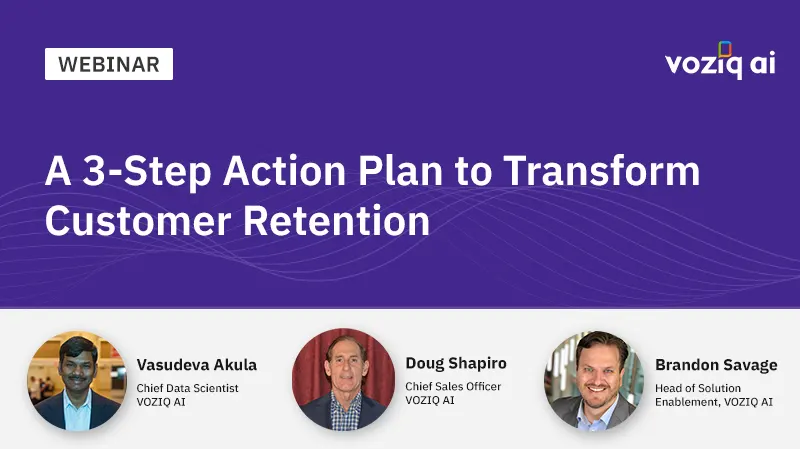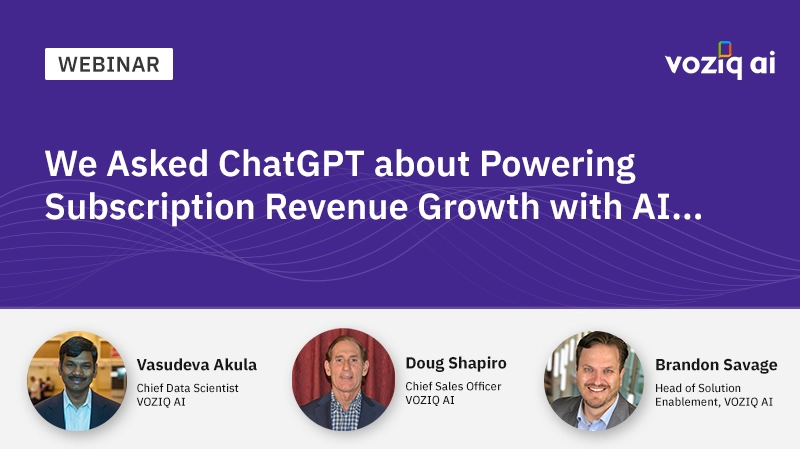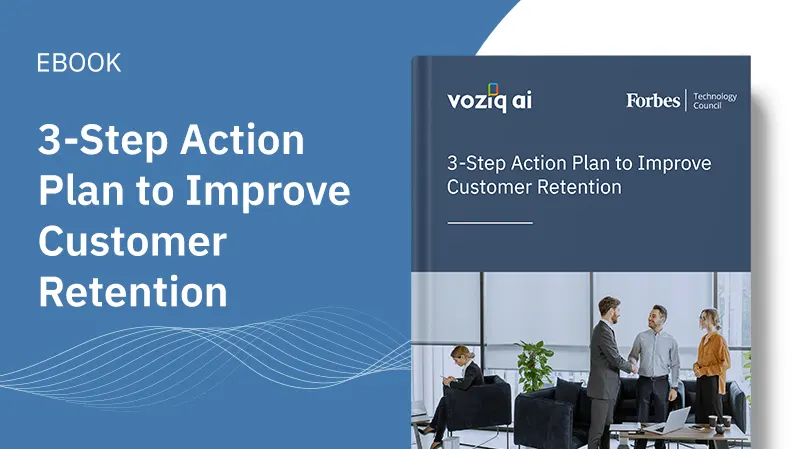Are You Facing These Big Data Challenges in Your Customer Retention Strategies?

Are You Facing These Big Data Challenges in Your Customer Retention Strategies?
Today, every minute, we see huge amounts of data being generated. Most companies are struggling to find ways to make this data useful. While leading companies are banking on big data technologies to tackle the transformed reality of the digital age, others find the whole big data bandwagon a little overwhelming. It’s no secret that companies generate huge amounts of data, and insights gained from this data offer several benefits, such as a better understanding of the customer, an improved customer experience, an improved marketing effectiveness, higher sales driven by a better understanding of your prospects, and more effective market research.
Even though companies have huge amounts of data, they have several concerns before going for the technology implementation. These concerns might dampen a company’s interest in investing in big data.
According to the New Vantage Partners Big Data Executive Survey 2017, 95% of the Fortune 1000 business leaders who were surveyed said that their firms had undertaken a big data project in the last five years. However, less than half (48.4%) said that their big data initiatives had achieved measurable results.
An October 2016 report from Gartner found that organizations were getting stuck at the pilot stage of their big data initiatives. “Only 15% of businesses reported deploying their big data project to production.” Hence, it’s evident that businesses are facing some major challenges while implementing their big data strategies.
Listed below are some of the most common cost-related concerns that companies have when it comes to investing in big data:
Cost of technology – Involves the cost of advanced analytics technology that is required to aggregate and process the big data.
Cost of hiring big data experts – This involves the investments needed to build a team of big data analysts. A big data program requires a team which not only understands the data, but also the technology. Acquisition and training of such talent certainly involve expenditure in terms of money as well as time.
Loss of expenses – Most big data programs fail when the insights generated do not translate into business actions, resulting in the loss of expenditure.
So companies must find ways to ensure that the big data program pays off in terms of business outcomes.
VOZIQ’s answers to the critical big data challenges:
Here is what companies can do to tackle some of the major challenges with big data:
- Quality of data has been a major concern for companies in recent times. If the data that is used to make decisions isn’t accurate, it will result in bad decisions that will eventually damage the business’s success. This can be addressed by using better technology as well as human intervention. For example, VOZIQ employs six advanced analytics engines which are designed to find relevant business insights and KPI’s about your customers and competitors from the large pool of data. Secondly, the human intervention by VOZIQ analysts ensures that the quality of the data, as well as the insights, are of the highest accuracy and relevance.
- VOZIQ’s platform is backed by a team of in-house experts who have the expertise to handle the bulk data, as well as make effective use of the technology.
- Every company aims for a ROI. VOZIQ, through its synergy of platforms, industry frameworks, and experts, operationalizes the business intelligence for role-based, action-oriented alerts. This ensures that the insights generated do not sit idle, but drive actual business actions from your teams. These insight-driven actions ensure that you can maximize the ROI from the big data program.
- Privacy and security of the data is one of the biggest issues. As data production gradually increases, there is every chance that privacy concerns will arise. So data scientists must consider these issues, and deal with them in a way that doesn’t lead to privacy disruption. At VOZIQ, we host our application in a secure cloud platform, and we provide the tools that enable you to run a wide range of applications. When you try interacting with the application, you have to specify your security credentials in order to verify your identity, and to show that you have permission to access the resources that you are requesting.
For ethical implications, one must simply remember that big data is ethically neutral, as long as a customer is not deceived into sharing his/her personal data. Companies can use this data to offer a better customer experience without sharing or selling the data to third parties.






